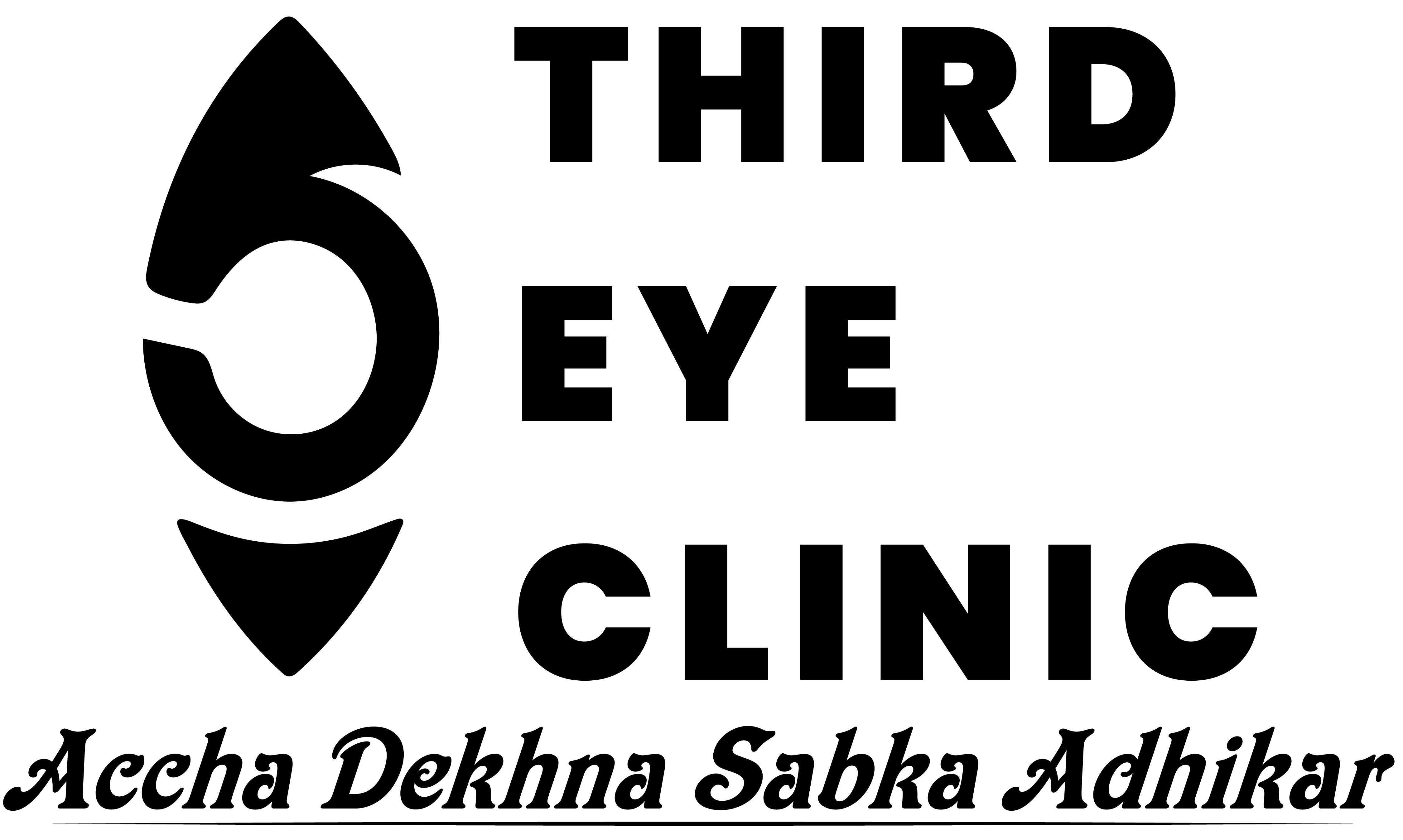Refractive
What Do you Understand by Refractive Surgeries?
Refractive surgeries are a group of surgical procedures designed to improve or correct vision by reshaping the cornea or, in some cases, by using an intraocular lens. These surgeries are typically performed to address common vision problems such as near-sightedness (myopia), farsightedness (hyperopia), and astigmatism.
Our Refractive Services Clinic offers advanced solutions for those looking to correct their vision and reduce dependency on glasses or contact lenses. Whether you’re struggling with nearsightedness, farsightedness, or astigmatism, our expert team uses the latest technology to deliver safe, effective, and life-changing results.
Our Refractive Services Include:
- Comprehensive Vision Testing & Diagnosis
Precise eye exams to determine your refractive error and best correction method. - Corneal Topography & Pre-LASIK Screening
Advanced imaging to assess corneal shape and thickness. - Laser Vision Correction (LASIK, PRK, SMILE)
Safe and effective surgeries to reshape the cornea and eliminate the need for glasses. - ICL (Implantable Collamer Lens)
A great option for patients unsuitable for LASIK or with high refractive errors. - Refractive Cataract Surgery
Removal of cataract with premium lens implantation that corrects refractive errors too. - Post-Operative Care & Monitoring
Thorough follow-up to ensure optimal healing and long-term visual clarity.
Causes & Risk Factors of Refractive Errors
- Genetic predisposition (runs in families)
- Long hours of close-up work or screen exposure
- Abnormal eye shape or corneal curvature
- Natural aging process (presbyopia)
- Childhood visual development issues
Cause
Most cataracts develop when aging or injury changes the tissue that makes up the eye’s lens. Proteins and fibers in the lens begin to break down. This causes vision to become hazy or cloudy.
Some disorders passed down from parents that cause other health problems can increase your risk of cataracts. Cataracts also can be caused by other eye conditions, past eye surgery or medical conditions such as diabetes. Long-term use of steroid medicines also may cause cataracts to develop.
Prevention & Eye Health Tips
No studies have proved how to prevent or slow the growth of cataracts. But health care professionals think several strategies may be helpful, including:
Follow your treatment plan if you have diabetes or other medical conditions that can increase your risk of cataracts.
Why Choose Us?
Are you having Eye problems? Contact us today!
Address Business
Contact With Us
Call Us 24/7: +91 7903381944
Working Time
Refractive errors occur when the shape of the eye prevents light from focusing directly on the retina. Common types include:
- Myopia (nearsightedness)
- Hyperopia (farsightedness)
- Astigmatism (distorted vision due to irregular curvature)
- Presbyopia (age-related difficulty in seeing up close)
- Blurry vision (near or distant)
- Headaches
- Eye strain or fatigue
- Difficulty reading or seeing clearly at night
- Squinting or needing to hold objects closer/farther away
We perform:
- Visual acuity tests
- Refraction tests using computerized and manual methods
- Corneal topography (for LASIK evaluation)
- Dilated eye exams for a complete assessment
Treatment options include:
- Eyeglasses – Safe, easy, and commonly prescribed
- Contact lenses – Soft or rigid gas-permeable lenses for clear vision
- Refractive surgery – Advanced procedures to correct vision and reduce dependence on glasses or lenses
We offer:
- LASIK (Laser-Assisted in Situ Keratomileusis)
- PRK (Photorefractive Keratectomy)
- SMILE (Small Incision Lenticule Extraction)
- ICL (Implantable Collamer Lens) – for patients not suitable for laser surgery
Ideal candidates:
- Are 18 years or older
- Have stable vision for at least 1 year
- Have a healthy cornea and no other eye conditions
- Are not pregnant or breastfeeding
A detailed evaluation is required before confirming eligibility.
Yes, modern refractive surgeries are very safe and highly effective. As with any procedure, there are small risks, which will be discussed in your consultation. Most patients achieve 20/20 or better vision.
No, the procedure is usually painless. Numbing drops are used, and most patients only feel slight pressure. Recovery is quick, with minimal discomfort.
In most cases, results are long-lasting. However, natural age-related changes such as presbyopia may still occur after age 40–45, and reading glasses might be needed.
- Advanced diagnostic and laser technology
- Expert surgeons with vast experience
- Personalized treatment plans
- Safe, sterilized environment
- Pre- and post-operative care and counseling



